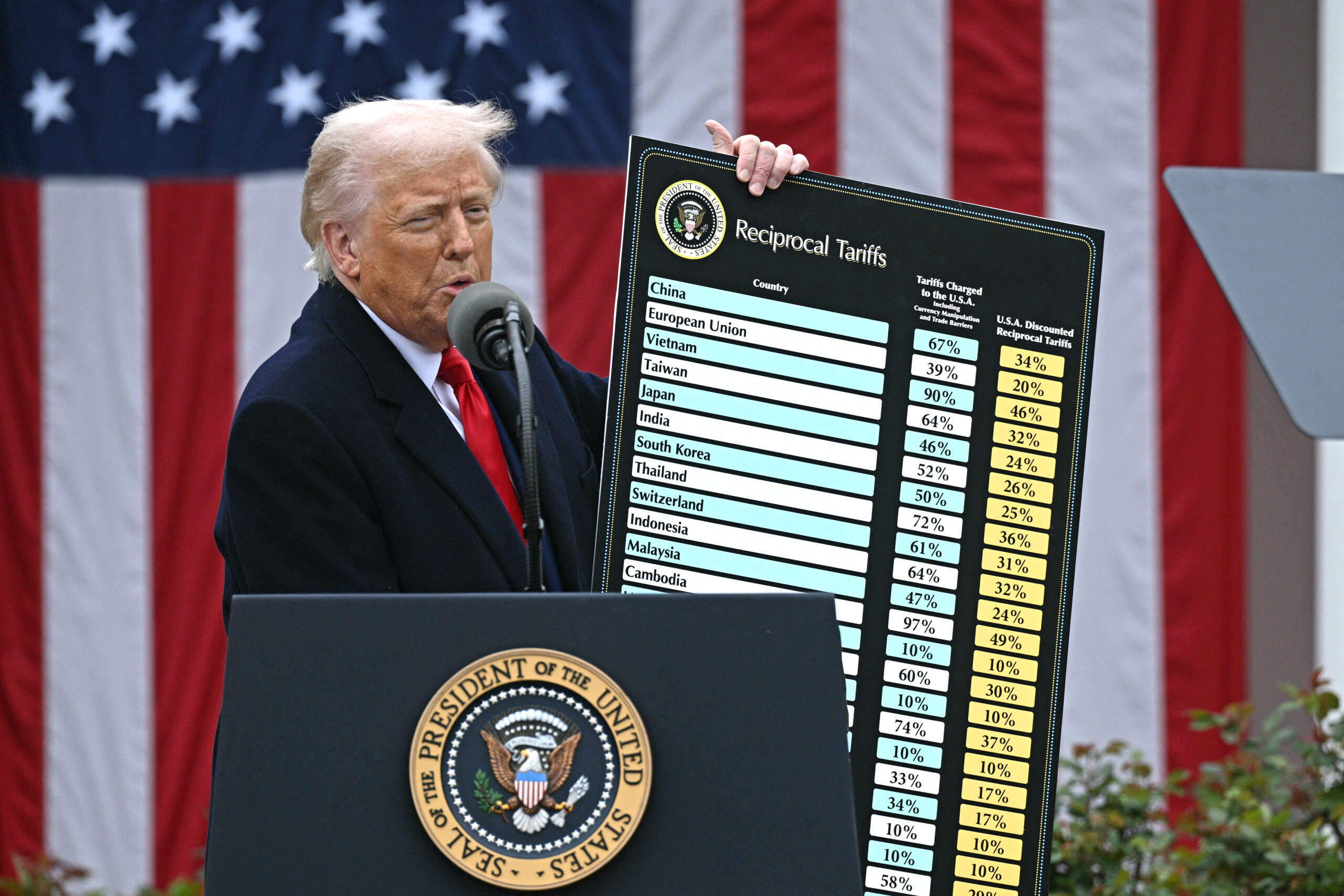Brussels – The European pharmaceutical industry already has one foot overseas. The ultimatum comes directly to Ursula von der Leyen, who met today (April 8) with supply chain bigwigs at the Strategic Dialogue on the Pharmaceutical Sector: the tariffs imposed by Trump are the straw that breaks the camel’s back, and now “there is little incentive to invest in the EU and significant reason to relocate to the United States.”
The warning of EFPIA (European Federation of Pharmaceutical Industries and Associations) leaves no room for misunderstanding: “If Europe does not make a rapid and radical change in policy, pharmaceutical research, development, and production will be increasingly likely to be directed to the United States.” The reciprocal tariffs Washington will impose starting tomorrow shift a very precarious balance. Because the U.S. is already far more attractive than Europe “in every investment parameter, from capital availability to intellectual property, speed of approval, and rewards for innovation.”
The situation, for those doing pharmaceutical research on the old continent, is photographed by a survey presented by EFPIA to von der Leyen: 18 of Europe’s large and medium-sized companies identified “up to 85 per cent of capital investments (about €50.6 billion) and up to 50 per cent of R&D expenditures (about €52.6 billion) as potentially at risk.” A figure, the survey explains, calculated from a total of 164.8 billion in planned investments over the next four years on EU territory.
EFPIA listed its conditions: achieve a competitive EU market that “attracts, values, and rewards innovation in line with other leading economies” in patient care; “strengthen, rather than weaken,” European intellectual property provisions; adopt “a world-leading regulatory framework” that fosters innovation; and ensure “policy coherence on environmental and chemical legislation to ensure a resilient drug production and supply chain” in Europe.

Discussing the EU response to U.S. tariffs was EuropaBio, Europe’s largest industrial group in the biotechnology sector. The same request is coming from many other sectors: save “biopharmaceutical products and their production inputs” from the trade war with Trump, because the tariffs “will have a substantially negative impact on this innovative sector and patients through globally interconnected supply chains.”
The clock is ticking; member countries will be asked as early as tomorrow to give the green light to the first round of European countermeasures, those on U.S. steel and aluminium, in response to the tariffs already in place on European industries. Today, the EU executive spokesman in charge of trade, Olof Gill, predicted that the European Commission could propose a further response on reciprocal tariffs (those triggered tomorrow) as early as next week. The list of products is being finalised, between additions and deletions, depending on the mood of industry associations and member countries.
The pharmaceutical industry is putting Brussels on the spot, and the tariffs are just the latest opportunity to reiterate that “where innovation happens is important, for patients, for health systems, for the European economy and security.” The risk is that Europe “will become a mere consumer of innovations from other regions.”
English version by the Translation Service of Withub
![Commission chief Ursila von der Leyen and Chinese premier Li Qiang in New Delhi on 9 September 2023. [X,von der Leyen official profile]](https://www.eunews.it/wp-content/uploads/2025/04/F5l3CdoagAAUnig-350x250.jpg)






